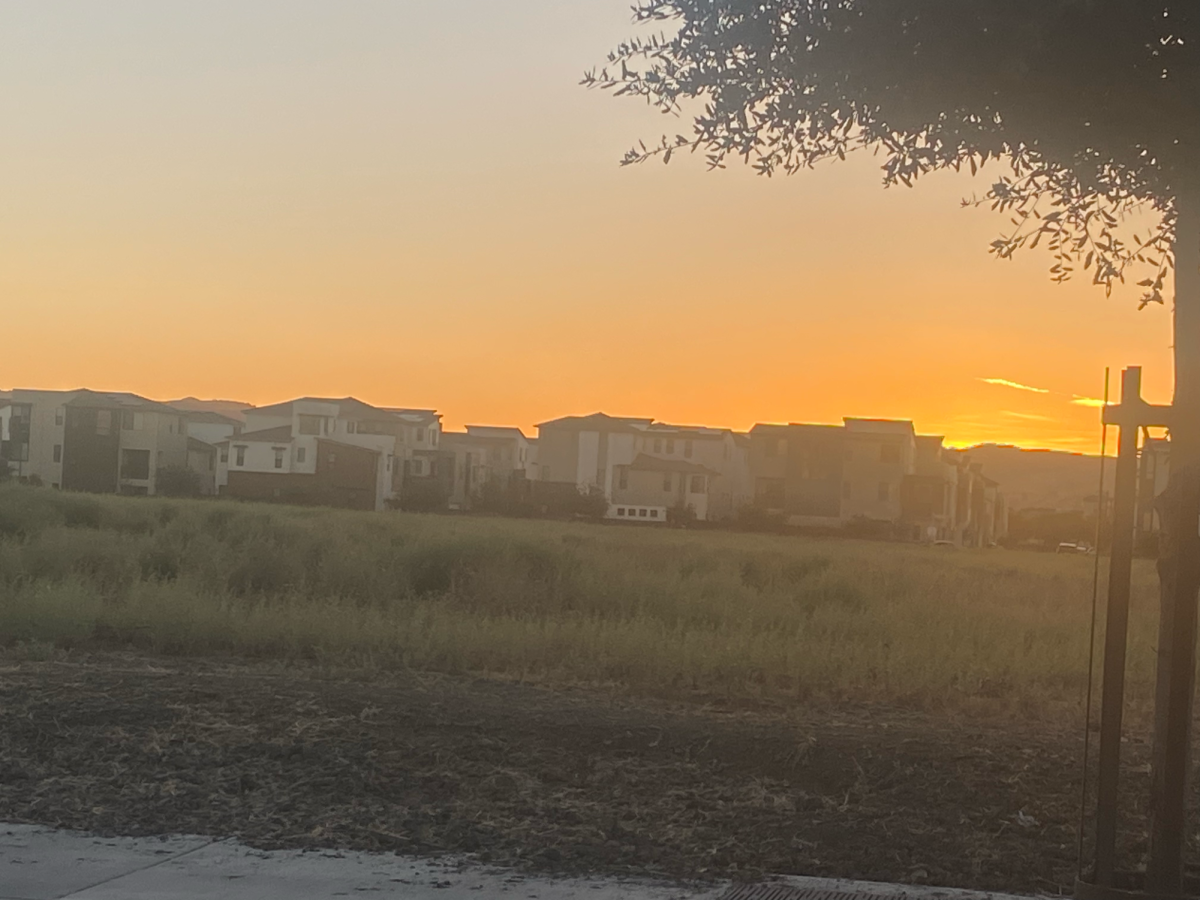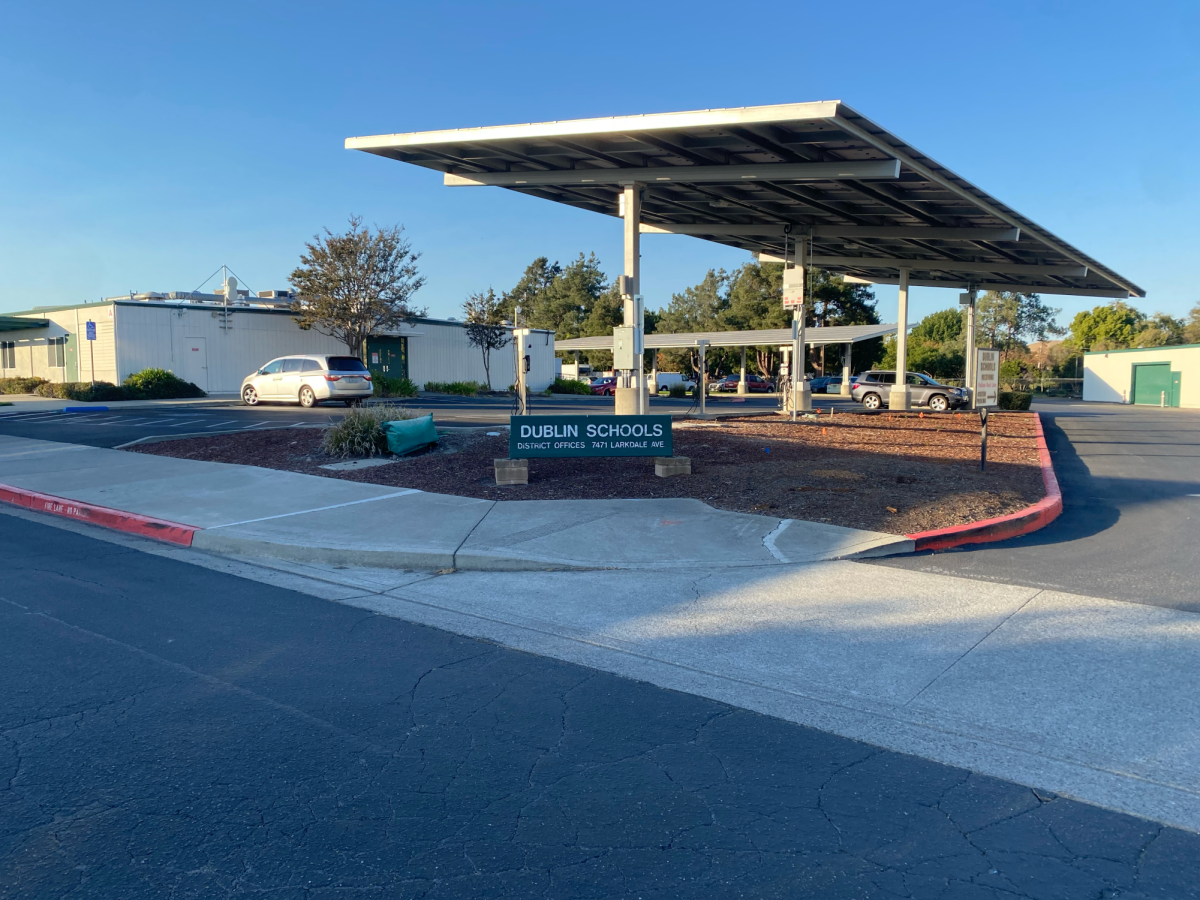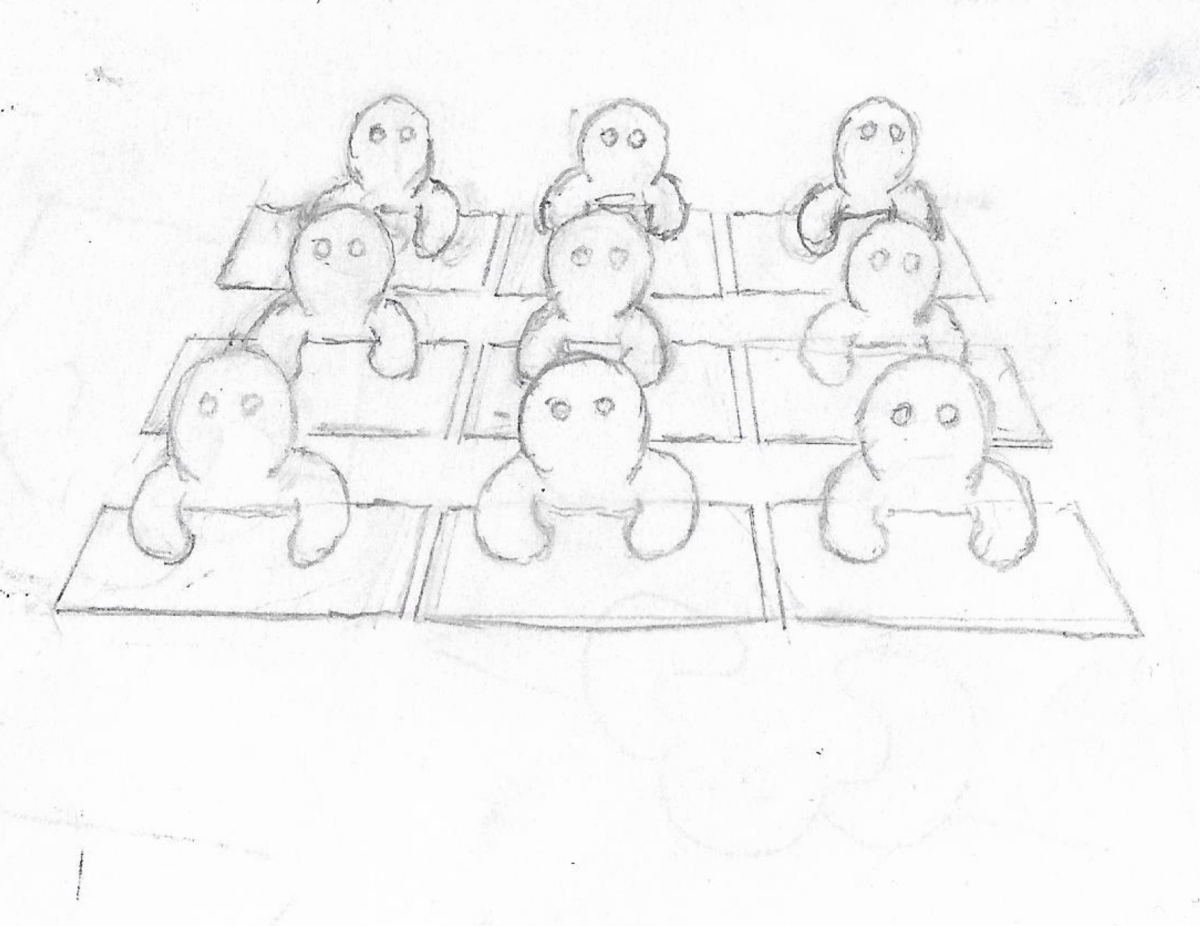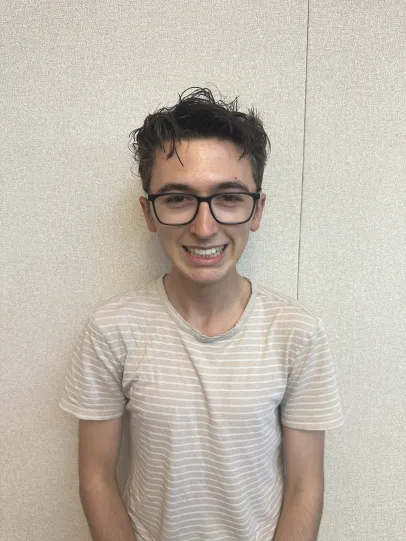Proposition 1, an initiative aimed at providing housing and mental health treatment to homeless Californians with mental health and substance abuse issues, was recently passed on California’s March 5 primary election ballot. The bill’s aims are to be achieved primarily through the collection of $6.38 billion in bonds for expanded treatment centers and supportive housing. Additionally, the proposition is to amend the Mental Health Services Act, the prevailing mental health act since 2004, to these ends, under which those making over $1 million a year would be taxed for mental health services. Specifically, Prop 1 would redirect the act’s tax revenue to drug and alcohol addiction centers in addition to mental health facilities, as well as increase the proportion of tax revenue to the state as opposed to the counties and, most significantly, set aside $1 billion to house homeless, mentally ill, or addicted veterans.
These measures are ultimately a response to California’s persistent homelessness problem. Indeed, despite making up only about 12 percent of the nation’s population, the state accounts for nearly 30 percent of the nation’s homeless, with 181,399 homeless Californians recorded in 2023. In this way, previous attempts at state intervention in the problem—such as the Care Court program, an initiative that would devote $215 million a year for compelled treatment of mentally ill homeless Californians—have proved unsuccessful despite the $20 billion the state has devoted to combating homelessness over the past five years. The new initiative, then, comes as a renewed—and improved—effort at addressing the plaguing crisis.
Dubbing the initiative a “huge victory for doing things radically different,” California governor Gavin Newsom shared of the proposition’s passing, “Now it’s time to get to work—repairing the damage caused by decades of broken promises and neglect to those suffering from severe mental illness.”
The proposition, however, has proved controversial, reflected in the proposition’s narrow passing with 50.2% of the vote. Indeed, critics of the plan lament both the fiscal and humanitarian shortcomings of the new bill. Financial concerns arose from the bill’s resemblance to former initiatives, which proved comparably costly and greatly ineffective. Because of this costliness, too, the reallocation of funds to mental healthcare would mean the state wouldn’t be able to borrow public money for other issues—a constraint that could jeopardize other vital policies or programs. Finally, the appropriation of county funds to the state would mean counties could no longer fund programs uncovered by Medicaid or other state programs, in effect harming the citizen welfare the initiative seeks to promote.
“Prop 1 would reduce already-strapped community-based and culturally responsive mental health services,” Eve Garrow, senior policy analyst at the ACLU of Southern California, regrets in a formal statement from the ACLU.
Additionally, humanitarian objections have been raised against the new bill, too. Opponents specifically point to the bill’s funding of Newsom’s CARE program, which would, in continuing the program, also continue the practice of compelled treatment of the mentally ill by forcing Californians with certain psychotic disorders into treatment. More basically, the plan has been criticized for its perceived inadequacy, promising the housing of 11,000 amid other, more effective proposals for combating California’s homelessness epidemic.
“Though touted as a solution to homelessness, Prop 1 is only projected to provide housing for 6,000 people—while a separate, upcoming housing measure with a similar price tag would provide 20 times that amount,” Garrow continues. “Instead [of implementing this bill], we should expand the pie to meet all our basic needs,” she concludes.
At any rate, California’s homeless epidemic calls for action: one-fourth of the state’s homeless population suffers from mental illness, according to estimates by the National Alliance on Mental Illness, accounting for more than a quarter of the nation’s mentally ill homeless. While support and opposition to the policy manifests as the bill begins to take effect, Californians on both sides of the debate might find common ground in their mutual resolve and action against one of the state’s most enduring social problems today.


































